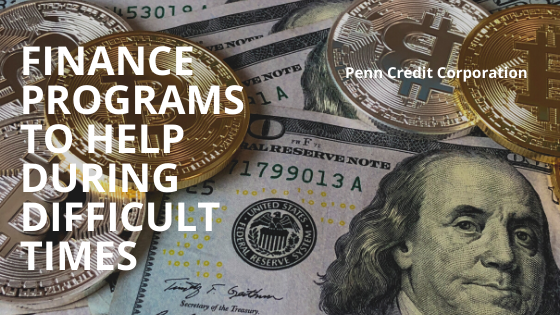Almost everyone will experience some financial hardship or need financial assistance at some point in time. However, the choices people make when that happens can determine whether a financial crisis is simply a bump in the road or whether it becomes a death spiral continuously sinking you deeper and deeper into debt. The best thing, of course, is to have some financial cushion ahead of time, but even the biggest cushion will only go so far. Here are three tips for finding the financial help you need in difficult times.
Government Assistance
One of the first things you need to do in a time of financial crisis is to cut your expenses. Thankfully there are a number of government agencies that have various programs in place to help you do this. From food assistance to rent or mortgage assistance to help with your utility bills, there are programs to help you cover most or all of your basic needs, including help with medical bills or medical care.
Sell off Any Assets You Have
When most people find themselves in financial difficulty, one of the first things they do is to try and borrow money. However, borrowing money always comes at a high cost, so the first step should be to liquidate any assets you have before you take on debt. If you take on debt and then find yourself unable to pay, you will lose most of your assets and probably at a much higher loss than what you could get selling them yourself. As a result, it’s always best to try and come up with additional money by selling what you already have rather than by taking on more debt.
Find the Lowest Interest Rate or Best Terms on a Loan
Borrowing money should be the last resort, but you want to find the lowest interest rates or the best terms if you have to. Also, remember that the longer you take to pay off a loan, the more you will pay in interest, but defaulting on a loan will cost you even more. Generally, a lower payment at a slightly higher rate is better than a large payment at a lower rate. As long as there is no penalty for paying your loan off early, you can always pay more down the road when your financial position improves, which means you might still pay less in overall interest on the loan with the lower payment with less risk of default.
